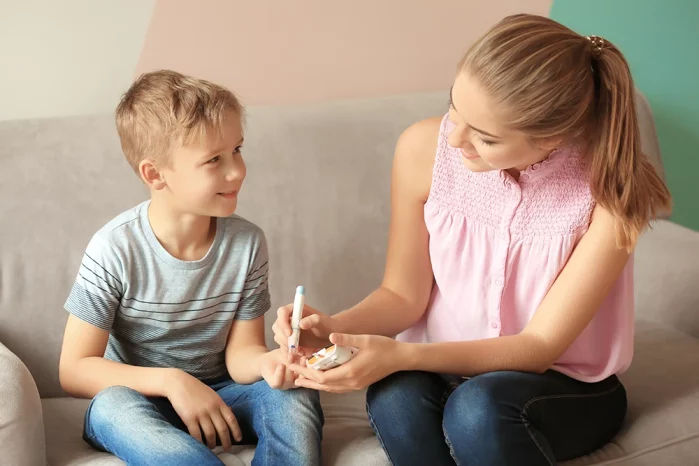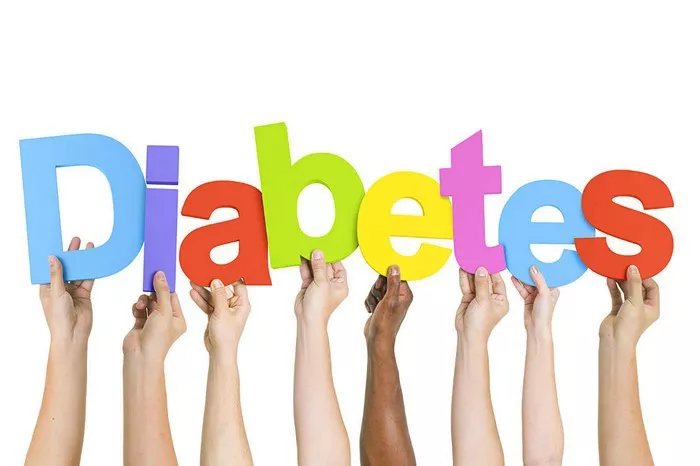Hypoglycemia, or low blood sugar, is a condition where blood glucose levels drop below normal, often causing symptoms such as dizziness, confusion, weakness, and in severe cases, loss of consciousness. Managing hypoglycemia effectively is crucial for individuals with diabetes, particularly those on insulin or other glucose-lowering medications. The question of whether to consume sugar when experiencing hypoglycemia is a common concern. This article explores the role of sugar in managing hypoglycemia, the mechanisms behind its effects, and best practices for addressing low blood sugar episodes.
Understanding Hypoglycemia
Hypoglycemia occurs when the blood glucose level falls below a certain threshold, typically 70 mg/dL (3.9 mmol/L). It can be caused by various factors, including:
Excessive Insulin: Taking too much insulin or other glucose-lowering medications can lead to a rapid drop in blood sugar levels.
Skipped Meals: Missing or delaying meals can result in insufficient glucose intake, contributing to low blood sugar.
Increased Physical Activity: Unplanned or intense exercise can increase glucose utilization, leading to hypoglycemia.
Alcohol Consumption: Drinking alcohol, especially on an empty stomach, can interfere with glucose production and lead to hypoglycemia.
Symptoms of Hypoglycemia
Recognizing the symptoms of hypoglycemia is essential for timely intervention. Common symptoms include:
Mild Hypoglycemia: Shakiness, sweating, rapid heartbeat, irritability, and hunger.
Moderate Hypoglycemia: Confusion, dizziness, difficulty concentrating, and blurred vision.
Severe Hypoglycemia: Loss of consciousness, seizures, and inability to respond to verbal cues.
The Role of Sugar in Treating Hypoglycemia
When experiencing hypoglycemia, the primary goal is to rapidly raise blood glucose levels to a safe range. Sugar, specifically simple carbohydrates, is often recommended for this purpose. Here’s why:
Rapid Absorption and Effectiveness
Simple carbohydrates, such as sugar, are absorbed quickly into the bloodstream, providing a rapid source of glucose. This quick absorption helps to promptly alleviate the symptoms of hypoglycemia. Common sources of simple carbohydrates include:
Glucose Tablets: These are specifically designed to quickly raise blood glucose levels.
Fruit Juice: A small serving of fruit juice (about 4 ounces) can provide a fast source of glucose.
Regular Soda: A small amount of regular, non-diet soda can also help raise blood glucose levels.
Recommended Treatment Protocol
For mild to moderate hypoglycemia, it is generally advised to consume 15 grams of fast-acting carbohydrates. This can be achieved by:
Glucose Tablets: Follow the instructions on the package, typically 3-4 tablets.
Fruit Juice: 4 ounces (120 milliliters) of orange or apple juice.
Regular Soda: 4-6 ounces (120-180 milliliters) of non-diet soda.
After consuming the sugar, it is important to wait about 15 minutes and then recheck blood glucose levels. If symptoms persist or blood glucose levels remain low, additional carbohydrates may be needed.
The Mechanism of Sugar in Addressing Hypoglycemia
The process by which sugar helps alleviate hypoglycemia involves several physiological mechanisms:
Glucose Absorption: Simple sugars are rapidly absorbed from the gastrointestinal tract into the bloodstream. This leads to a quick increase in blood glucose levels.
Insulin Response: When blood glucose levels rise, the pancreas reduces insulin secretion, helping to stabilize glucose levels.
Glycogen Conversion: The liver converts stored glycogen into glucose, further helping to elevate blood sugar levels.
Long-Term Management of Hypoglycemia
While consuming sugar is effective for immediate relief, it is also important to address the underlying causes of hypoglycemia to prevent future episodes. Long-term management strategies include:
Adjusting Medication
Insulin Therapy: For individuals using insulin, adjusting the dosage or timing of insulin injections may be necessary. Regular monitoring and consultation with a healthcare provider are essential.
Other Medications: Review other glucose-lowering medications with your healthcare provider to ensure they are not contributing to frequent hypoglycemia.
Dietary Considerations
Balanced Meals: Eating regular, balanced meals that include a mix of carbohydrates, proteins, and fats can help maintain stable blood glucose levels.
Low-Glycemic Index Foods: Incorporate foods with a low glycemic index to prevent rapid spikes and drops in blood glucose levels.
Monitoring and Education
Blood Glucose Monitoring: Regular monitoring of blood glucose levels can help identify patterns and prevent hypoglycemic episodes.
Education: Understanding the symptoms of hypoglycemia and appropriate responses can help manage episodes effectively.
Alternatives to Sugar for Treating Hypoglycemia
While sugar is commonly used, there are alternatives for managing hypoglycemia, particularly if sugar is not available or suitable. These alternatives include:
Honey: Honey can be used in the same way as sugar, providing a quick source of glucose.
Glucose Gel: Available over the counter, glucose gel is a convenient option for rapidly raising blood glucose levels.
Candy: Hard candies, such as lifesavers, can also provide quick glucose relief.
Potential Considerations and Drawbacks
Despite its effectiveness, there are some considerations and potential drawbacks to using sugar for managing hypoglycemia:
Over-Correction: Consuming excessive amounts of sugar can lead to a rebound hyperglycemic episode. It is important to stick to recommended amounts and monitor blood glucose levels.
Dental Health: Frequent consumption of sugary substances can affect dental health. Rinsing the mouth with water after consuming sugar can help mitigate this risk.
Research and Evidence
Several studies have explored the effectiveness of sugar and other treatments for hypoglycemia:
Glucose Tablets vs. Other Sources: Research has shown that glucose tablets are effective in rapidly raising blood glucose levels compared to other sources of carbohydrates, such as candy or fruit juice.
Long-Term Management: Studies highlight the importance of a balanced diet and medication adjustment in preventing recurrent hypoglycemia and managing overall glucose control.
See also: What’a the Pathophysiology of Hypoglycemia
Conclusion
In conclusion, consuming sugar is an effective and recommended approach for the immediate treatment of hypoglycemia. Simple carbohydrates, such as glucose tablets, fruit juice, and regular soda, provide a rapid source of glucose that can quickly alleviate the symptoms of low blood sugar. While sugar is effective for short-term relief, managing hypoglycemia also requires addressing the underlying causes, adjusting medications, and adopting long-term dietary and lifestyle strategies.
For individuals with diabetes or other conditions prone to hypoglycemia, it is crucial to work closely with healthcare providers to develop a comprehensive management plan. Regular monitoring, education, and a balanced approach to diet and medication can help maintain stable blood glucose levels and prevent future hypoglycemic episodes.
Related topics:
Why Does Hypoglycemia Cause Altered Mental Status?



























